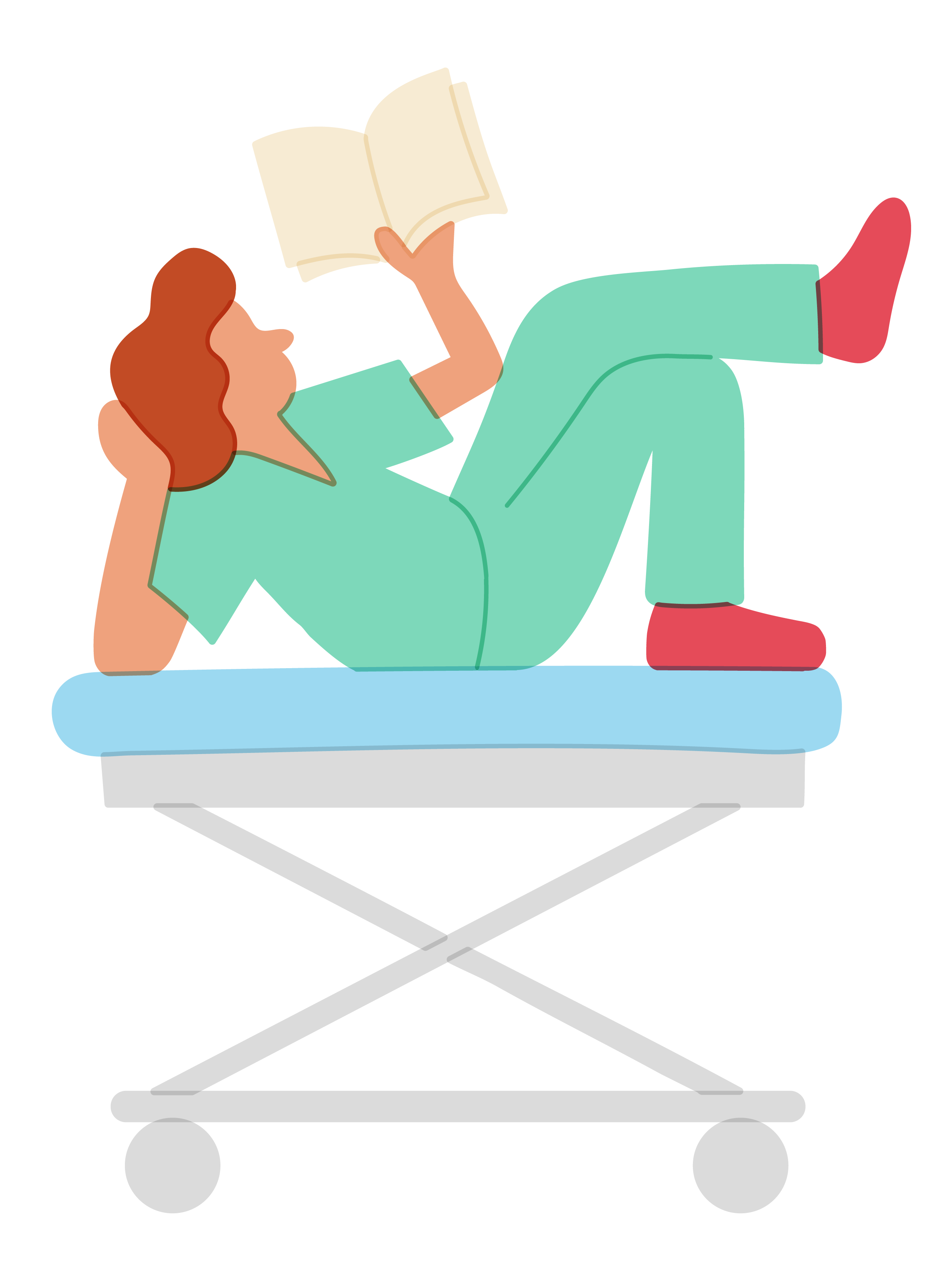Starting to study for Step 2 CK can feel overwhelming at first because, compared to Step 1, there isn’t as much guidance about what you need to know and what resources to use.
Here are some test-taking pearls for Step 2 to help get you started in thinking about the test:
UWorld is the gold standard resource for Step 2 CK and contains most of the content you need to know.
Having one primary resource is part of what makes studying for Step 2 CK less laborious than studying for Step 1. It might be tough to believe that one resource alone would be enough, but UWorld really does teach you ~90% of the tested material on Step 2 (if you use the materials correctly). Using UWorld correctly means not just learning the fact that would have led you to the correct answer, but it also means reading the full explanation, with special focus on the bolded words and the tables. To solidify the concepts, you can try keeping a spreadsheet to log your incorrect questions or make flashcards to review these questions. This will give you a strong knowledge base going into the exam.
A small fraction of the material tested on Step 2 can come from other resources such as UpToDate, Divine Intervention, NBME practice exams, and/or simple clinical intuition based on your experiences on the wards.
Step 2 CK tests common sense.
Unlike the esoteric biochemical pathways you needed to memorize for Step 1, Step 2 is truly testing your clinical knowledge. Common sense is an important part of this. For any vignette, imagine it’s a real patient and ask yourself: what would you do next? If you are taking Step 2 CK, you have already completed your clinical rotations and so you have a sense of what happens in practice. So, though you may not have learned explicitly what to do in a certain scenario, your clinical judgment can help rule out some answers. For example, for an older patient undergoing cognitive decline, instead of jumping to getting an MRI or prescribing donepezil as a next step, you probably want to review their medications first to assess for polypharmacy. As another example, if an older patient with a history of smoking comes to the clinic with a cough and hemoptysis, you would probably want to rule out Tb before doing something invasive like a lung biopsy to diagnose lung cancer. This so-called “common sense” can be built and refined by doing more practice questions.
The whole clinical picture matters more for Step 2 CK questions.
The frustrating thing about Step 2 CK is that not everything in the question stem will always align with a particular disease state. So, you must consider the whole clinical picture. For each question, consider the age and sex of the patient. Demographics can be an important clue on Step 2 (although diagnoses may not always be consistent with age, for example, C diff in a 12-year-old who took antibiotics). Also, pay attention to the time course and whether the onset was acute, subacute or chronic. Timing matters too. For example, did the symptoms start right after the patient started a medication? For psychiatry questions, consider the most dominant feature of the patient’s presentation. For example, a patient with depression can have a bit of anxiety, but if their overall presentation seems consistent with depression, that is likely the answer. In general, if there is one feature of the clinical vignette that does not align with a particular diagnosis, but everything else about the presentation makes sense, it can still be correct.
You can try to do a full second-pass of UWorld during dedicated, but many students don’t even finish a first-pass and still do well.
Finishing all 4000+ questions in the UWorld Question Bank during dedicated can seem daunting, but many of the concepts and principles appear multiple times throughout the question bank. Because of this, many students choose not to finish all the questions and still do very well. It is up to you to decide what would make you most comfortable, and you can use your performance on NBME practice exams and UWorld Self Assessments to gauge your readiness.

Comments